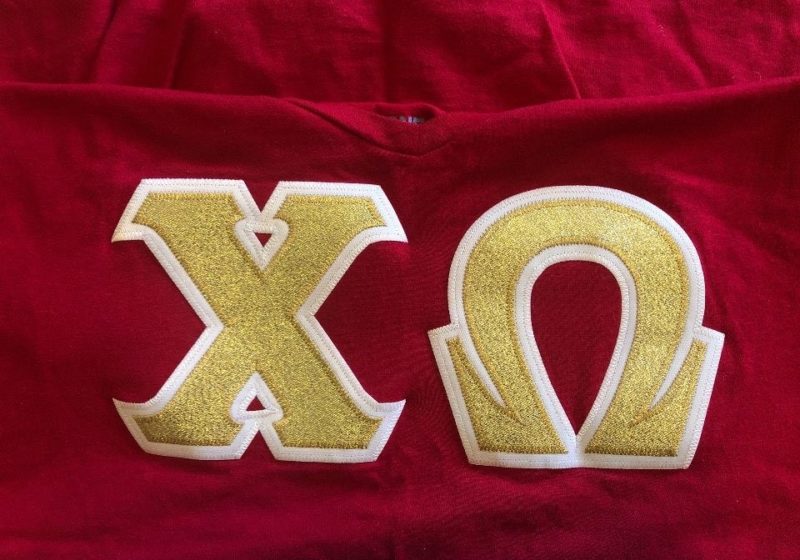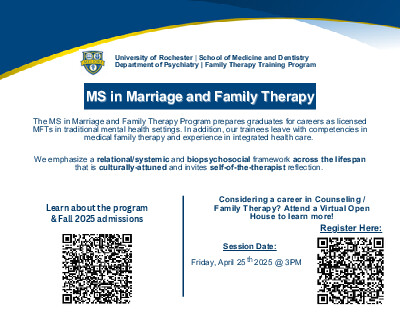As Greek life divides itself over how to fix the problems in their organizations, 73% of UR sorority Chi Omega has decided disaffiliation is the best method.
Now-former Chi Omega junior Krista Vanderpuye told the Campus Times that she was always dissatisfied with some aspects of Greek life — like the culture that allowed and then excused last spring’s “Hands Up” photo. But she held out hope that it could be reformed.
Conversations with friends in favor of abolishing Greek life changed her mind, and the recent letter revealing discriminatory recruitment practices by Alpha Phi was the final straw. When Vanderpuye found out a Chi Omega national representative knew about the practices, but did nothing because “it wasn’t [Chi Omega’s] place to police other sororities,” she knew she had to cut ties.
She — along with 34 other members of Chi Omega — have disaffiliated. 12 members remain.
“I had a bubble,” Vanderpuye said, “and the bubble was burst over quarantine.”
She and two other interviewees (senior Natalie Ramesh and sophomore Aydan Fusco) credited the mass disaffiliation in part to a meeting held by former Alpha Phi sisters junior Nisha Arya and senior Antoinette Nguyen. This meeting discussed the first part of a three-step plan to “Disaffiliate, Disband, and Dissolve” Interfraternity Council (IFC) fraternities and Panhellenic Association (PHA) sororities at UR.
In a written statement to CT, Arya and Nguyen said they organized the Zoom meeting to find people interested in disaffiliating or signing an open letter encouraging mass disaffiliation.
“We are excited and inspired by the mass disaffiliation of Chi Omega members because we feel that they directly answered our Call to Action in our Open Letter,” Arya and Nguyen wrote. “We hope that the rest of the [PHA] sororities and IFC fraternities follow Chi Omega’s footsteps and continue the mass migration out of historically all-white Greek life.”
There are two sides to the Greek life debate: stay and reform these groups from the inside, or try to put an end to the issues by leaving them behind. While several organizations have seen an increase in disaffiliation, according to sophomore and Chi Omega disaffiliate Aydan Fusco, many of the girls in her pledge class strongly believe Greek life can change.
But between what older members told her and her experience in the bylaw committee, Fusco was swayed toward abolition.
“I got to see the process of what it would take to make those changes,” she said, “and I truly feel that our time and effort is better spent in abolition rather than reform.”
Junior and former Chi Omega vice president Sydney Goldstein said the choice to disaffiliate was not easy for her, and she understands the tension between disaffiliates and remaining members.
“These are difficult, emotional conversations and there’s not really a path where you make everyone happy,” she wrote in a statement to CT, “so there’s definitely been tense moments. But overall I think the remaining sisters have been pretty supportive of those who’ve chosen to leave.”
For other members, the decision to disaffiliate was more straightforward.
“Someone reached out to me being like, ‘We’re doing this disaffiliation thing, will you join us?’” senior and Chi Omega disaffiliate Natalie Ramesh said. “And I responded right when I got that text, and I was like, ‘Yeah, sounds good. I’ll disaffiliate, why not?’”
Ramesh, who later added that she’s thought about disaffiliating “every month since [she’s] been in” Chi Omega, said she did think about reforming Greek life. But the more she discussed it with others, she said, the more she felt Greek life is “exclusive at its core.”
Though all Chi Omega disaffiliates interviewed agreed Chi Omega didn’t have explicitly discriminatory practices, Ramesh took issue with the implicit discrimination that was part of sorority events, such as enforced dress codes during chapter meetings.
Fusco added that she was also uncomfortable with the way fraternity brothers treat sorority members. She recounted comments related to her bisexuality, and said she felt like she and the other members were on display at fraternity-sorority events. “There’s a lot of [fraternities] pitting sororities against each other,” she said, “and rating based on how attractive the members are, or how crazy they are, or how nice they are.”
She later added that she had seen fraternity members abuse their power.
“I was basically told by a frat guy that he was pledge master,” she said, “and that I should be nice to him, because then he could make boys do things for me. […] It just made me uncomfortable. Why are you using your position of power to make me feel like I have to get with you?”
Vanderpuye said she would hesitate to report instances of discrimination by fraternities, since “you don’t want to be that person who ruins the experience for the rest of us.”
When she believed in reforming Greek life, Vanderpuye said she had come up with a three strikes rule. “If, say, we go to a party and someone says the N word and we’re not comfortable” — which, according to others in Greek life that Vanderpuye has spoken to, has happened — “that’s one strike,” Vanderpuye said. “Once we have three strikes, then we wouldn’t be interacting with them, supporting them at their events, mixing with them in general.”
Though she thinks PHA is in the process of formalizing a version of this policy, Vanderpuye now believes it won’t be enough.
“You can’t expect the people who are causing the system to be an oppressive place to also hold each other accountable,” she said.





